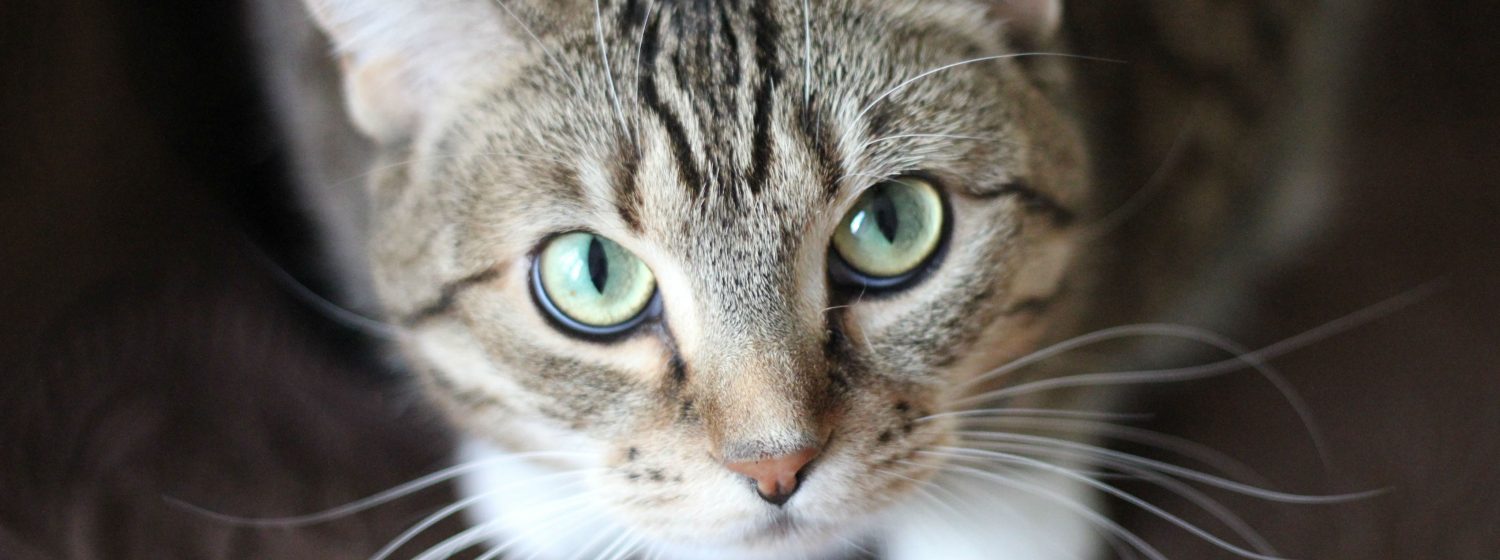Why are lumps growing above my cat’s eye? After trying medications with no improvement, what are our next steps?
Original Question: My 3-year-old cat has developed several solid lumps above his left and right eyes. They are firm solid lumps that are looking angry. He was on Clavamox for a week with no improvement and he is now on Prednisone for the past 24 hours and for the next 2 weeks. The lumps, which are spreading back towards his ears, do not seem to bother him and my vet suspects he could be allergic to chicken (he had a can of processed chicken cat food and these lumps showed up within 24-48 hours). I listen to your show on CFRB religiously every week. Other than these lumps he is a healthy cat. We have eliminated chicken from his diet and his bowel movements and urination are normal as is his level of activity. He is basically an indoor cat but does walk with me on his leash daily but only around our residential property. Any ideas or suggestions would be appreciated. Thanks. - Bob
 Apr 25, 2018
Apr 25, 2018
Hi Bob,
Thanks for your question and listening to Dr. Greenway on his radio show!
First, you might want to check out the “How to Address and Where to Check for Lumps and Bumps in Dogs & Cats” video on our website. Depending on what these lumps look like on physical examination, there are a variety of possibilities here. Ultimately, some type of sampling and examination under the microscope and/or at the lab is the only way to definitively identify the lumps.
If these are indeed related to allergic disease, it is possible for them to become secondarily infected with bacteria, especially if the cat is scratching or licking at the lesions. Culturing (growing and identifying bacteria) may be needed to treat any secondary infection effectively. Your vet can guide you further on determining if this might be the case.
It sounds like you have already done a lot – figuring out what the animal is allergic to is always a challenge. Common things would be fleas (or other external parasites), environmental allergens (pollens for example) and as you mentioned, food allergies. Food allergies are the trickiest to figure out because it often requires a lot trial and error time to determine. Your vet may recommend considering referral to a veterinary dermatologist to investigate things further.
I hope this is helpful and I hope your kitty starts to feel better very soon.
Dr. Kim Hester
Disclaimer: healthcareforpets.com and its team of veterinarians and clinicians do not endorse any products, services, or recommended advice. All advice presented by our veterinarians, clinicians, tools, resources, etc is not meant to replace a regular physical exam and consultation with your primary veterinarian or other clinicians. We always encourage you to seek medical advice from your regular veterinarian.

